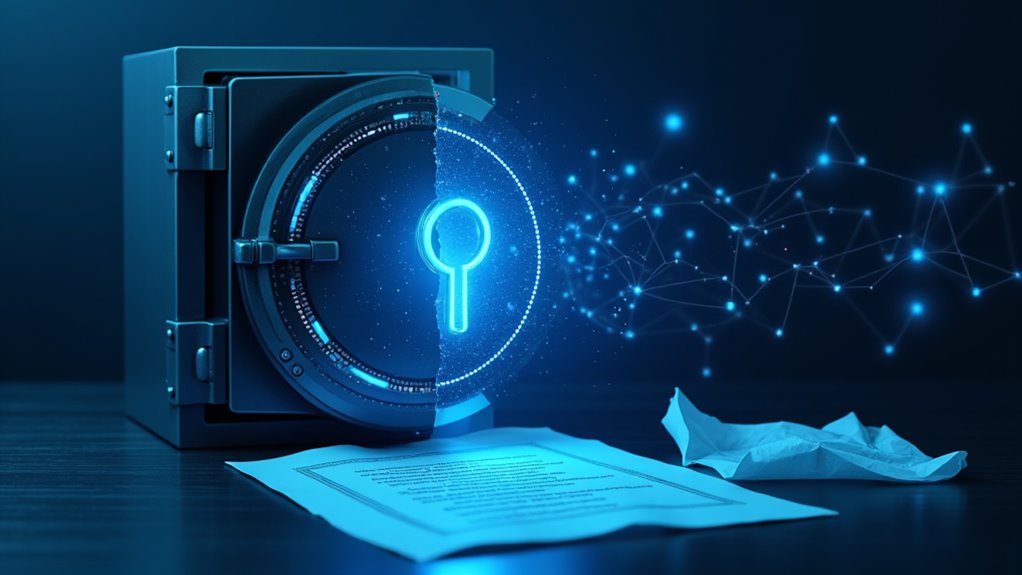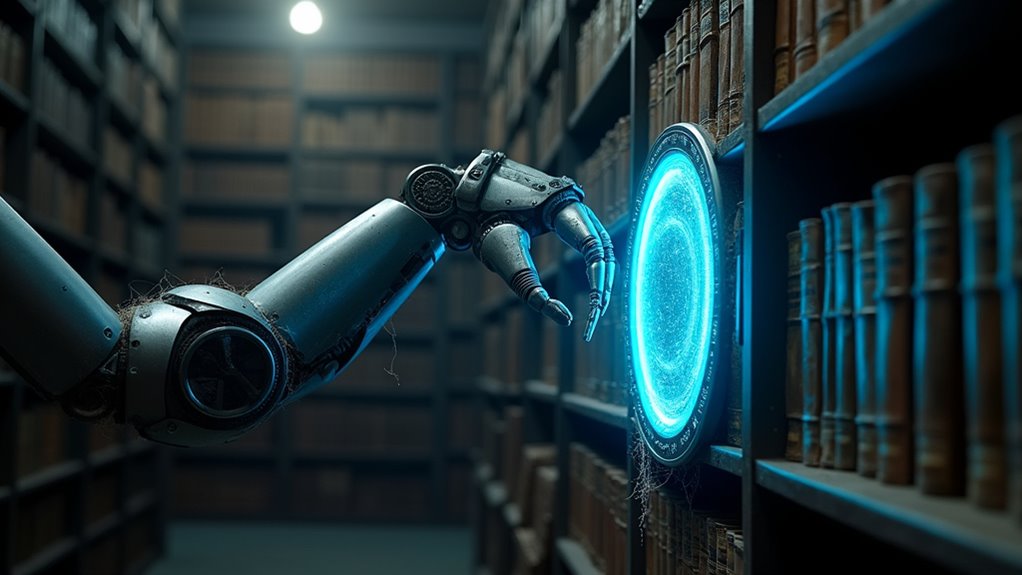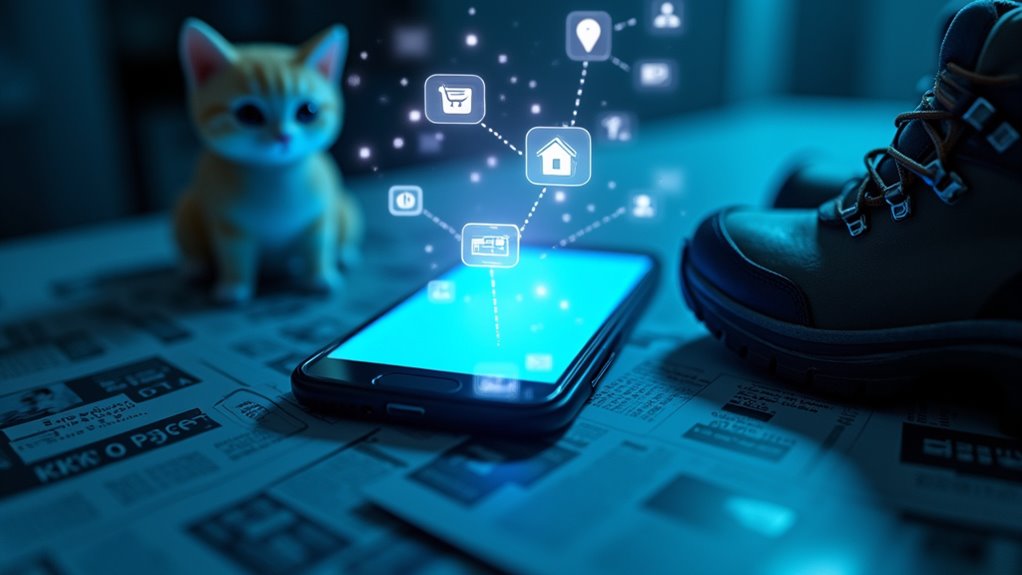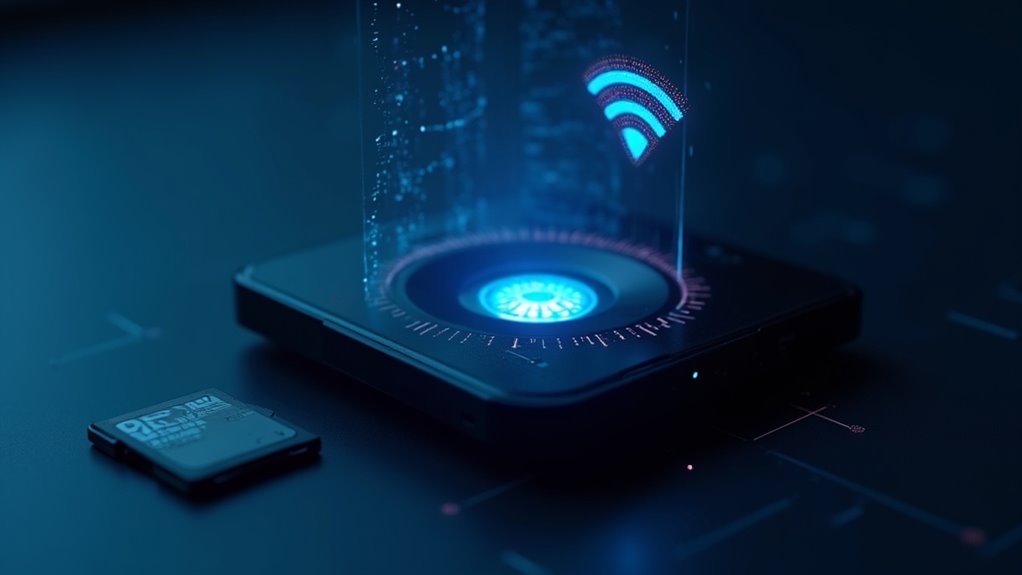AI isn’t just beating passwords—it’s roasting them alive. Hackers armed with machine smarts can blitz “password123” faster than a caffeinated cheetah at a typing contest, and don’t get smug if yours is longer; AI just sees a puzzle, not a challenge. Meanwhile, security pros are ditching passwords for biometrics and behavioral quirks straight out of a sci-fi flick. Say goodbye to those sticky notes on your monitor—welcome to the future, where authentication finally gets interesting (and a lot less forgettable). Curious?
Let’s be honest—passwords have always been a pain, ranking somewhere between “remembering to floss” and “reading the terms and conditions” on the list of things people reliably forget. Yet, for decades, we’ve clung to them like a security blanket, despite their tendency to unravel the moment a hacker gets creative—or, more recently, when AI gets involved.
AI isn’t just playing chess or writing poetry; it’s out here cracking passwords faster than you can say “forgot my login.” Where brute-force attacks once took ages, AI-powered tools can sift through millions of combinations in the time it takes to microwave a burrito. Even more unsettling, AI-driven phishing scams are now so convincing that even your super-paranoid uncle might fall for one. In fact, AI-powered phishing attacks are now being launched cheaply and on a mass scale, making traditional defenses struggle to keep up.
And let’s not forget: 35% of password thefts are still due to, you guessed it, people using “password123” or its equally lazy cousins. Modern model inversion techniques can extract sensitive information from AI systems, including password patterns, further compromising traditional security measures.
- AI can analyze password patterns, detect weaknesses, and spot vulnerabilities before your IT guy has finished his morning coffee. Anomalous login behavior should trigger automated alerts for immediate response, helping organizations respond to threats as soon as they occur.
- It identifies weak passwords and can even profile common human mistakes—like using your pet’s name or your birthday—making the old-school password approach look downright quaint.
But it’s not all doomscrolling and digital despair. AI is also the hero in this story, using behavioral biometrics (think: how you type, move your mouse, or where you log in from) to catch impostors in the act.
It can prompt you to pick stronger passwords, flag odd login attempts, and even power chatbots so you don’t have to wait on hold for IT when you forget your password—again.
Here’s the plot twist: AI is making passwords themselves obsolete. With passwordless logins, biometric scans, and adaptive security, the future looks like something out of a sci-fi movie—except you get to keep your face and fingerprints.
As attackers get smarter, the tools defending us do too. So, maybe, one day, we’ll finally say goodbye to “password123″—and not a moment too soon.









